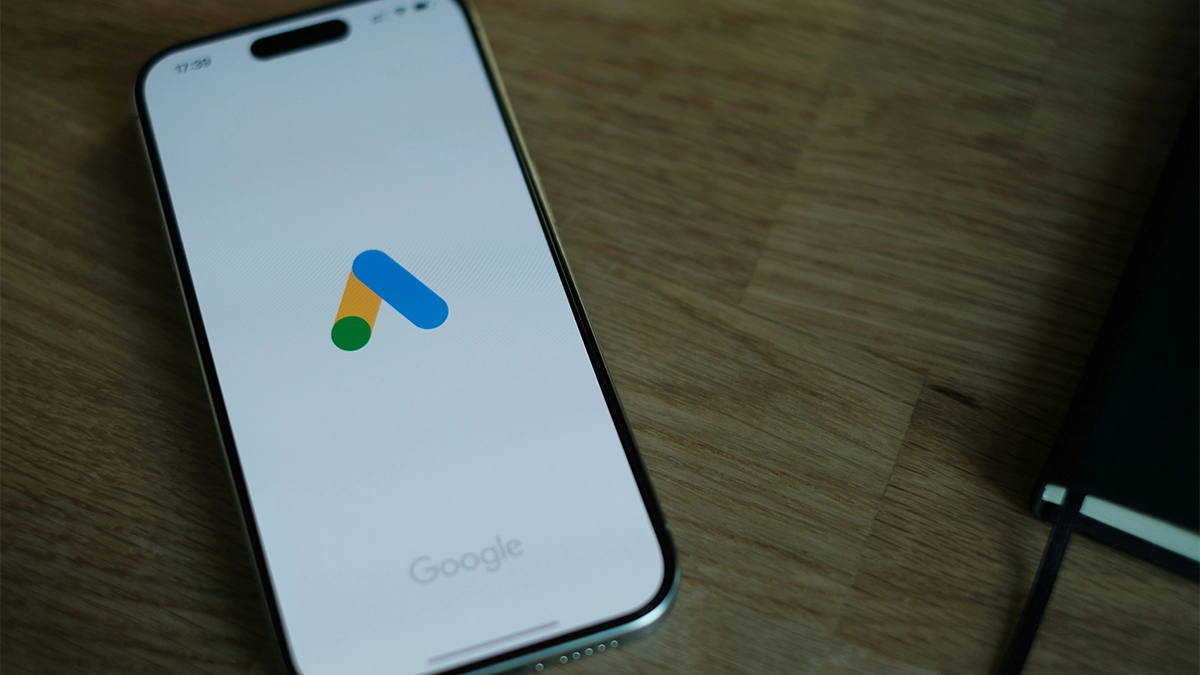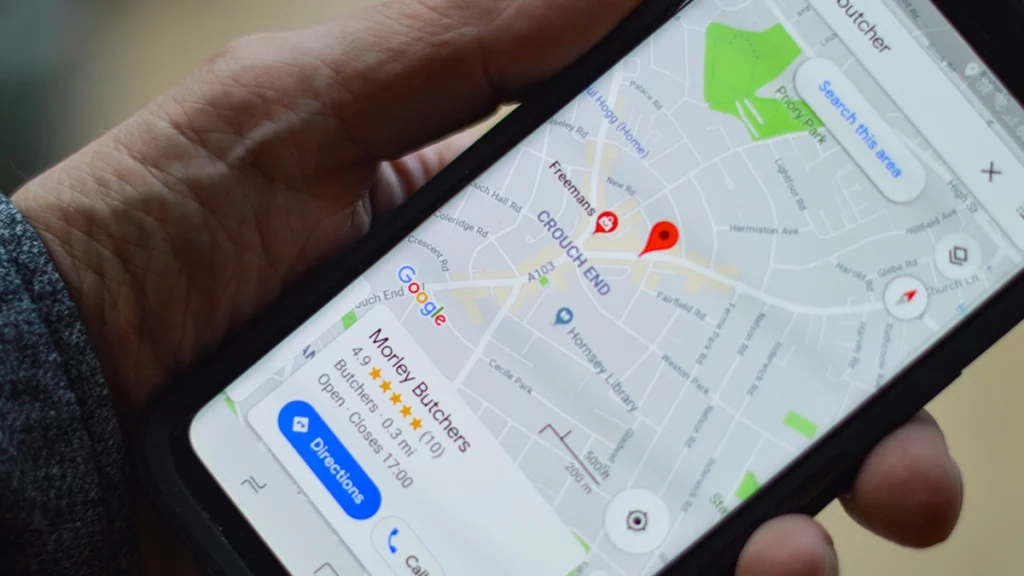Every marketing penny counts when you’re a small business owner or startup founder. You want to make sure you’re investing in strategies that actually drive results. Two of the most popular options in the digital world are Search Engine Optimisation (SEO) and Google Ads. But which one is better for small business growth?
In this guide, we’ll break down the differences between SEO and Google Ads, weigh up the pros and cons of each, and help you decide where to focus your efforts based on your goals, budget and timeline.
- What’s the Difference Between SEO and Google Ads?
- SEO vs Google Ads for Small Business: Head-to-Head
- Pros and Cons of SEO for Small Businesses
- Pros and Cons of Google Ads for Small Businesses
- Which Should You Choose?
- Why the Best Strategy is Often a Mix
- The Costs: SEO vs Google Ads
- The Learning Curve: SEO vs Google Ads
- Real-World Examples
What’s the Difference Between SEO and Google Ads?
Let’s start with the basics.
SEO (Search Engine Optimisation) is the process of improving your website so it ranks higher in search engine results pages (SERPs) organically.
This involves on-page optimisation (like keywords, meta descriptions and page speed), technical improvements, and off-page efforts such as backlink building.
Google Ads, on the other hand, is a form of paid advertising where you bid on keywords to show your website at the top of Google’s search results. You pay each time someone clicks on your ad, hence the term Pay-Per-Click (PPC).
They both appear in Google search results, but the key difference is that SEO is free to click, while Google Ads is paid.
SEO vs Google Ads for Small Business: Head-to-Head
Here’s a quick comparison across key categories:
| Feature | SEO | Google Ads |
|---|---|---|
| Cost per Click | Free | Paid (varies by keyword) |
| Time to See Results | Slow (3–6 months) | Immediate |
| Longevity | Long-lasting | Ends when you stop paying |
| Credibility | Higher trust | Lower trust |
| Ease of Setup | Moderate to High | High (with support) |
| Scalability | Slower but sustainable | Fast and flexible |
| Control over Results | Limited | High control (bidding, targeting) |
Pros and Cons of SEO for Small Businesses
Pros:
- Long-Term Results:
Once you rank well, organic traffic can continue without ongoing costs. - Credibility and Trust:
Users often trust organic results more than ads. - Cost-Effective:
While there are time and resource costs involved, you don’t pay for each visitor. - Better Click-Through Rates:
Organic listings often get more clicks than paid ads.
Cons:
- Takes Time:
SEO is a long game. It can take months to see significant improvements. - Ongoing Work:
SEO isn’t a one-time fix. Google’s algorithm changes, and so must your strategy. - Competition:
It can be difficult to outrank bigger competitors with larger budgets and longer histories.
read more
Is SEO Dead? An In-Depth Analysis
Pros and Cons of Google Ads for Small Businesses
Pros:
- Instant Visibility:
You can be on page one of Google within hours. - Targeted Campaigns:
You can show ads to specific audiences based on location, time, device and more. - Trackable ROI:
You get detailed data on every click, impression and conversion. - Scalable:
You can adjust your budget, pause campaigns, and try new ideas quickly.
Cons:
- Costly:
Clicks can be expensive, especially in competitive industries. - Short-Term:
Traffic stops as soon as you stop paying. - Learning Curve:
Campaigns need regular tweaking and monitoring to stay effective. - Ad Fatigue:
Users may ignore ads if they see them too often.
Which Should You Choose?
Ideally, if you can do both then why wouldn’t you?
But you didn’t come here for that answer. So, which one you should choose comes down to two questions.
How much are you willing to spend?
How quickly do you want results?
It depends on your business goals, how quickly you need results, and how much time or budget you can invest.
Choose SEO if:
- You’re in it for the long haul and want to build a sustainable online presence.
- Your budget is tight, but you can invest time or hire affordable SEO help.
- You want to build trust and authority over time.
- You have a content strategy or blog in place (or plan to).
Choose Google Ads if:
- You need leads or sales quickly.
- You’re launching a new product or service and want instant visibility.
- You have a marketing budget and want clear, measurable ROI.
- You want to test different markets, keywords or landing pages fast.
Why the Best Strategy is Often a Mix
While the debate over SEO vs Google Ads for small businesses continues, the truth is – they work best together.
Here’s how:
- Use Google Ads to drive traffic and test keywords. See what converts well.
- Use that data to guide your SEO. Focus on keywords and content that you know drive value.
- Build long-term organic visibility with SEO. Lower your ad spend over time as SEO picks up.
- Use remarketing in Google Ads to reach people who found you through organic search.
By combining both, you get the best of both worlds: short-term results and long-term growth.
The Costs: SEO vs Google Ads
Understanding the cost implications is crucial for small businesses operating on limited budgets.
SEO Costs:
- Time Investment:
SEO requires ongoing time and effort. Whether you do it yourself or hire a professional, it takes time to create content, build links, and optimise your site. - Tools and Services:
You may need to invest in SEO tools (like keyword research tools, analytics, or audit platforms), content creation, or hiring an SEO expert. - Ongoing Commitment:
SEO isn’t a one-off cost – it requires consistent updates and monitoring.
Google Ads Costs:
- Pay-Per-Click Model:
You pay each time someone clicks your ad. Popular keywords in competitive industries can cost several pounds per click. - Daily Budgets:
You can set daily or monthly limits, but you’ll need to maintain spending to keep your ads running. - Management Fees:
If you hire a PPC specialist or agency, you’ll have to factor in additional fees.
In summary, SEO often has lower ongoing cash outlay but requires more time and patience. Google Ads, meanwhile, offers instant visibility but comes at a higher short-term financial cost.
The Learning Curve: SEO vs Google Ads
Both SEO and Google Ads come with a learning curve – but they differ in complexity and time investment.
Learning SEO:
- SEO is multifaceted. You’ll need to understand keyword research, content writing, technical optimisation, link building and analytics.
- It takes time to grasp and even longer to master. It’s more accessible today with resources available online, but implementation still requires effort and strategy.
- Mistakes, like keyword stuffing or ignoring mobile performance, can set you back significantly.
Learning Google Ads:
- Google Ads has a more structured interface and step-by-step setup, but the backend can be overwhelming.
- You’ll need to learn how to set up campaigns, choose keywords, write compelling ad copy, set budgets, and analyse performance.
- Poorly set campaigns can burn through your budget fast without meaningful results.
Overall, SEO requires a broader long-term skill set, while Google Ads demands technical know-how with close monitoring and quick adjustments.
| Category | SEO | Google Ads |
|---|---|---|
| Initial Cost | Low – mainly time, tools, or freelancer/agency fees | Medium to High – costs start immediately per click |
| Ongoing Cost | Time-intensive – updates, blogs, optimisation | Financial – daily/monthly ad spend needed to stay visible |
| Long-Term Cost | Cost-effective over time – builds momentum | Costly over time – pay to play every time |
| Learning Curve | Steep – multiple elements to learn (content, tech, off-page SEO) | Moderate – can be quick to set up, but needs constant monitoring |
| Risk of Mistakes | Medium – poor optimisation may delay growth | High – mismanaged ads can waste budget quickly |
Real-World Examples
Let’s look at two common small business scenarios:
Scenario 1: A Local Café
You’ve just opened a café in Nottingham. You want locals to find you when they search for “coffee shop near me.”
- Start with Google Ads to appear instantly in searches.
- Meanwhile, optimise your Google Business Profile and website for local SEO.
- Over time, you’ll gain organic rankings and can reduce your ad spend.
Scenario 2: An Online Shop
You’ve launched an e-commerce store selling handmade candles.
- Run Google Shopping ads to get instant visibility for product searches.
- Create optimised blog content on candle care, gift guides, or eco-friendly living to build SEO authority.
- Analyse your ad data to refine your content strategy.
Final Thoughts
If you’re a small business wondering whether to choose SEO or Google Ads, don’t think of them as either/or. Think of them as tools in your digital toolbox.
- Use Google Ads for speed and testing.
- Invest in SEO for sustainable growth.
Both can help you attract more customers, improve your visibility and grow your business. And with the right strategy – even on a limited budget – you can compete with bigger brands.
If you’re not sure where to start, or you need help balancing both, that’s exactly what we do at 404 Marketing. We work with startups and small businesses to build smart, cost-effective digital strategies that actually get results.
Want to grow your small business with SEO or Google Ads? Let’s chat. Contact us today.


